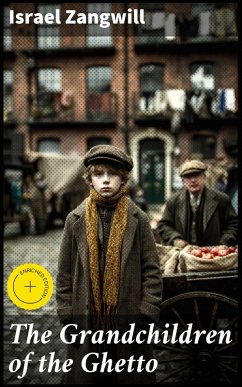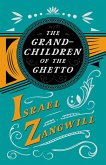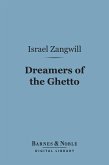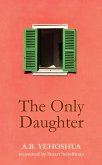In "The Grandchildren of the Ghetto," Israel Zangwill crafts a vivid exploration of Jewish identity and cultural assimilation in early 20th-century London. The narrative pathos interweaves the experiences of the second-generation Jewish immigrants as they grapple with the duality of their heritage and their aspirations in a rapidly modernizing society. Zangwill'Äôs literary style is characterized by rich characterization and phonetic dialogue that captures the diverse voices of his community, employing a blend of humor and tragedy that resonates with the broader themes of belonging and displacement. Set against the backdrop of burgeoning urban life, the novel reflects the anxieties of a period marked by social change and cultural conflict, encapsulating the essence of a ghetto society transitioning into the mainstream of British culture. Israel Zangwill, a prominent Jewish writer and social activist, drew from his own immigrant experience in his storytelling. Born in a traditional Jewish household in the East End of London, Zangwill was acutely aware of the challenges faced by assimilating communities. His keen observations on the tensions between tradition and modernity, along with his engagement in the socio-political issues of his day, provide a profound context for "The Grandchildren of the Ghetto," making it a seminal exploration of Jewish life. For readers interested in the complexities of identity, culture, and social dynamics, Zangwill'Äôs work is an essential text that not only illuminates the Jewish immigrant experience but also speaks to the universal search for belonging. With its compelling characters and insightful commentary, "The Grandchildren of the Ghetto" remains a significant contribution to both Jewish literature and the broader canon of immigrant narratives.
Dieser Download kann aus rechtlichen Gründen nur mit Rechnungsadresse in A, B, BG, CY, CZ, D, DK, EW, E, FIN, F, GR, H, IRL, I, LT, L, LR, M, NL, PL, P, R, S, SLO, SK ausgeliefert werden.









